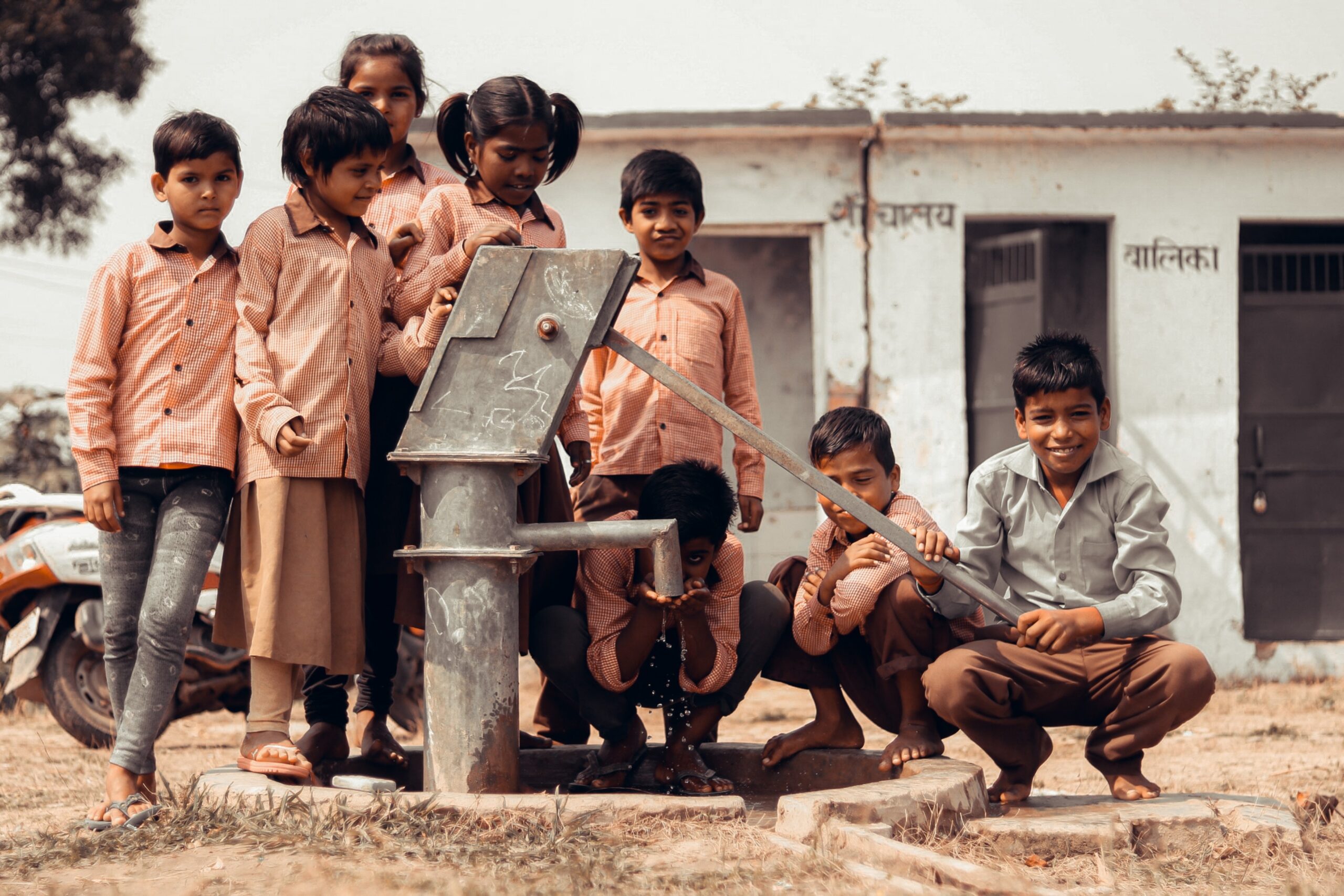To ensure access to safe water sources and sanitation for all. Access to water, sanitation, and hygiene is a human right, yet billions are still faced
To ensure access to safe water sources and sanitation for all. Access to water, sanitation, and hygiene is a human right, yet billions are still faced with daily challenges accessing even the most basic of services. Around 1.8 billion people globally use a source of drinking water that is fecally contaminated. Some 2.4 billion people lack access to basic sanitation services, such as toilets or latrines. Water scarcity affects more than 40 percent of the global population and is projected to rise. More than 80% percent of wastewater resulting from human activities is discharged into rivers or sea without any treatment, leading to pollution.
What are the Effects of This?
Water and sanitation-related diseases remain among the major causes of death in children under five; more than 800 children die every day from diarrhoeal diseases linked to poor hygiene. Proper water and sanitation is a key Non-government organization for achieving Sustainable Development Goals, including good health and gender equality. By managing our water sustainably, we are also able to better manage our production of food and energy and contribute to decent work and economic growth. Moreover, we can preserve our water ecosystems, their biodiversity, and take action on climate change.
A study by the World Bank Group, UNICEF, and the World Health Organization estimates that extending basic water and sanitation services to the unserved would cost US$28.4 billion per year from 2015 to 2030, or 0.10 percent of the global production of the 140 countries included in its study.
What Would it Cost if we Don’t Correct the Problem?
The costs are huge– both for people and for the economy.
Worldwide, more than 2 million people die every year from diarrhoeal diseases. Poor hygiene and unsafe water are responsible for nearly 90 percent of these deaths and mostly affect children.
The economic impact of not investing in water and sanitation costs 4.3 percent of sub-Saharan African GDP. The World Bank estimates that 6.4 percent of India’s GDP is lost due to adverse economic impacts and costs of inadequate sanitation.
Without better infrastructure and management, millions of people will continue to die every year and there will be further losses in biodiversity and ecosystem resilience, undermining prosperity and efforts towards a more sustainable future.
What Do Organization
Many Non-Government Organizations in India should work to keep governments accountable, invest in water research and development, and promote the inclusion of women, youth, and indigenous communities in water resources governance. Generating awareness of these roles and turning them into action will lead to win-win results and increased sustainability and integrity for both human and ecological systems. You can also get involved in the World Water Day and World Toilet Day campaigns that aim to provide information and inspiration to take action on hygiene issues.


COMMENTS